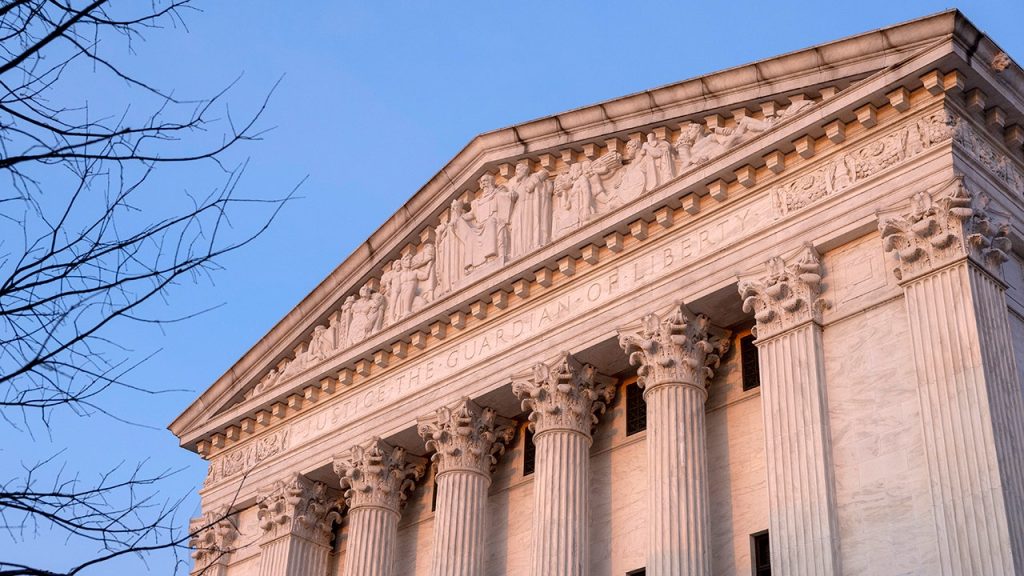The Supreme Court ruled in favor of decorated veteran James Rudisill in a dispute with the Department of Veterans Affairs over his G.I. Bill educational benefits. Rudisill, a retired Army captain and current FBI agent, was eligible for benefits under both the pre-9/11 and post-9/11 versions of the G.I. Bill due to his service before and after the attack. While each program offers veterans 36 months of benefits, there is a 48-month cap. Rudisill believed he had 10 months remaining under the old program and an additional year under the new system, but the VA denied the extra year, leading him to give up his plans of attending Yale Divinity School and becoming an Episcopal priest and Army chaplain.
Rudisill’s case is part of a larger issue that could affect approximately 1.7 million veterans, according to his lawyers. However, the VA disputed this number, stating that his lawyers did not provide evidence of any other cases with the same issue. Nonetheless, the Supreme Court’s ruling in Rudisill’s favor sets a precedent for other veterans who may have similar disputes over their G.I. Bill benefits. The decision highlights the importance of ensuring that veterans receive the full benefits they are entitled to for their service and sacrifices.
The Supreme Court’s 7-2 decision determined that the VA had improperly calculated Rudisill’s educational benefits, acknowledging the unique circumstances of his service that made him eligible for benefits under both versions of the G.I. Bill. The ruling underscores the need for clarity and consistency in how veterans’ benefits are administered and calculated, in order to prevent future disputes and ensure veterans receive the support they deserve. By holding the government accountable in this case, the Court reaffirmed the importance of honoring and upholding the commitments made to those who have served in the military.
Rudisill’s experience highlights the challenges faced by many veterans in navigating the complexities of the G.I. Bill and other benefits programs. The ruling in his favor serves as a victory not only for him, but also for other veterans who may encounter similar issues in the future. As veterans return to civilian life and pursue educational and career opportunities, it is crucial that they have access to the benefits and resources they need to successfully transition and build fulfilling post-military lives. The Supreme Court’s decision in this case sets a precedent for protecting veterans’ rights and ensuring that they receive the support they have earned through their service.
Overall, the Supreme Court’s ruling in favor of James Rudisill represents a significant victory for veterans and their advocates in the ongoing efforts to protect and uphold their benefits. By addressing the unique circumstances of Rudisill’s case and ruling in his favor, the Court established a precedent for holding the government accountable in disputes over veterans’ benefits. This decision reinforces the importance of ensuring that veterans receive the support and resources they are entitled to, and serves as a reminder of the sacrifices made by those who have served in the military. Through this ruling, the Supreme Court reaffirmed its commitment to upholding the rights and honoring the service of all veterans.


